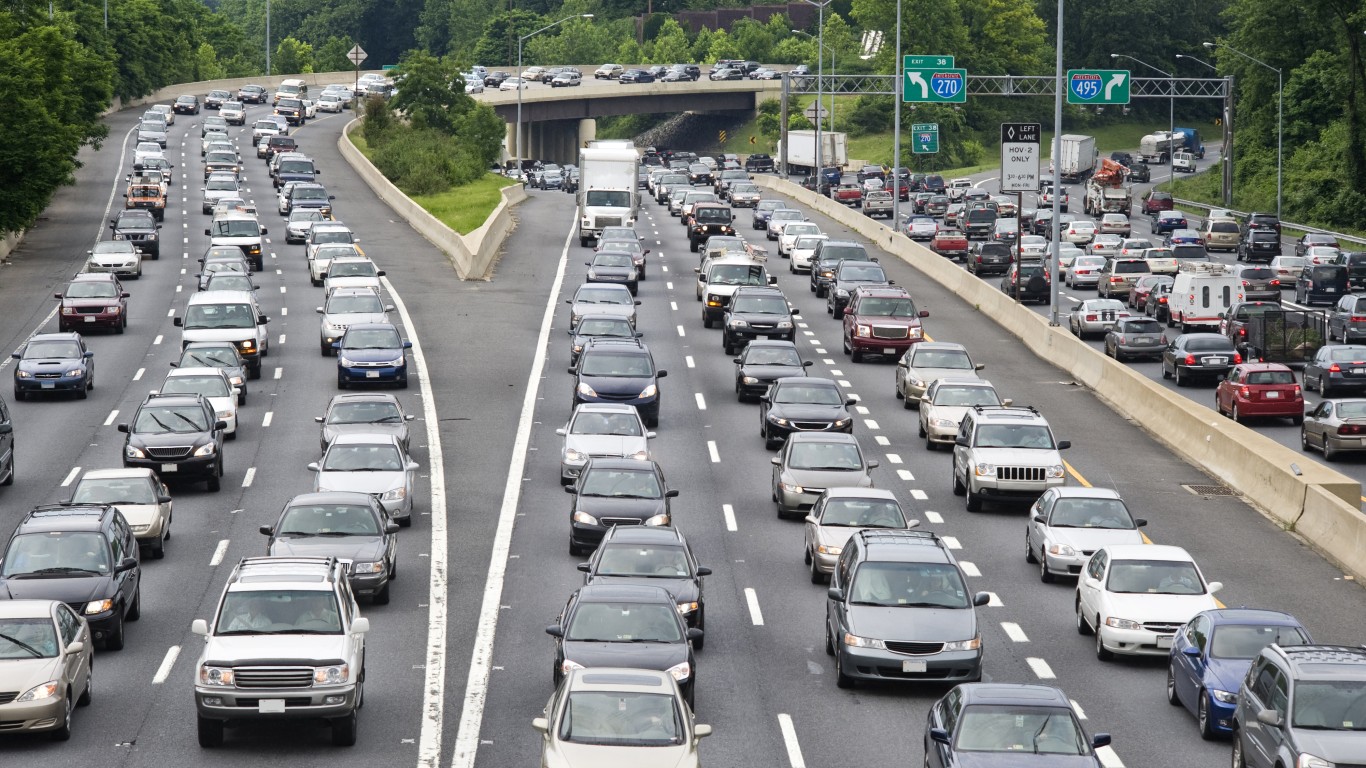 In the race for leadership in vehicle quality, American car companies have chased their Japanese rivals for two decades. Data from industry research firm JD Power show that U.S. manufacturers have started to falter in the effort to close the gap. The stakes are high as Ford (NYSE: F), General Motors (NYSE: GM) and Chrysler try to take market share from foreign car companies. The Japanese have shown again that consumers rate their vehicles well ahead of most others.
In the race for leadership in vehicle quality, American car companies have chased their Japanese rivals for two decades. Data from industry research firm JD Power show that U.S. manufacturers have started to falter in the effort to close the gap. The stakes are high as Ford (NYSE: F), General Motors (NYSE: GM) and Chrysler try to take market share from foreign car companies. The Japanese have shown again that consumers rate their vehicles well ahead of most others.
The exception to Japanese leadership comes among luxury car brands, although the top brand in JD Power’s 2012 U.S. Initial Quality Study is the Toyota (NYSE: TM) Lexus. This is followed by Porsche and Jaguar. The latter has been owned by Indian firm Tata Motors (NYSE: TTM) since 2008. Tata has managed to do what UK and U.S. owners of the Jaguar brand could not — bring its quality reputation to the high end of the car industry.
Overall initial quality for the industry improves by 5 problems per 100 vehicles (PP100) to average 102 PP100 in 2012 — an improvement of 5 percent from 2011.
The improvement did not help U.S. manufacturers in relationship to others. With the exception of Cadillac, the top of the JD Power list includes Honda (NYSE: HMC), it luxury brand Acura, Nissan’s Infiniti, Mercedes and BMW.
Ford, Chrysler, Chrysler’s Jeep and Dodge brands, and Ford’s luxury brand Lincoln fell well below the industry average. So did GM’s Buick.
The U.S. companies had little explanation for their ratings, based on comments in the press. Ford conceded that the problems with electronic systems on its vehicles hurt its rankings.
One explanation for the low ratings of U.S. cars may be the upheaval in the industry. The Big Three could still be suffering from the effects of the layoffs of tens of thousand of workers during the recession. This included product development people and designers, along with blue-collar workers. The disruption had a profound impact on each of the American firms.
Japanese manufacturing suffered breaks in production because of the Japanese earthquake, but low inventory should not change perceptions of quality. The Japanese manufacturers have returned to full production as their factories have moved back online. This will help them regain the market share they lost after the earthquake catastrophe. Based on the JD Powers figures, they should regain that share quickly.
Douglas A. McIntyre
100 Million Americans Are Missing This Crucial Retirement Tool
The thought of burdening your family with a financial disaster is most Americans’ nightmare. However, recent studies show that over 100 million Americans still don’t have proper life insurance in the event they pass away.
Life insurance can bring peace of mind – ensuring your loved ones are safeguarded against unforeseen expenses and debts. With premiums often lower than expected and a variety of plans tailored to different life stages and health conditions, securing a policy is more accessible than ever.
A quick, no-obligation quote can provide valuable insight into what’s available and what might best suit your family’s needs. Life insurance is a simple step you can take today to help secure peace of mind for your loved ones tomorrow.
Click here to learn how to get a quote in just a few minutes.
Thank you for reading! Have some feedback for us?
Contact the 24/7 Wall St. editorial team.




